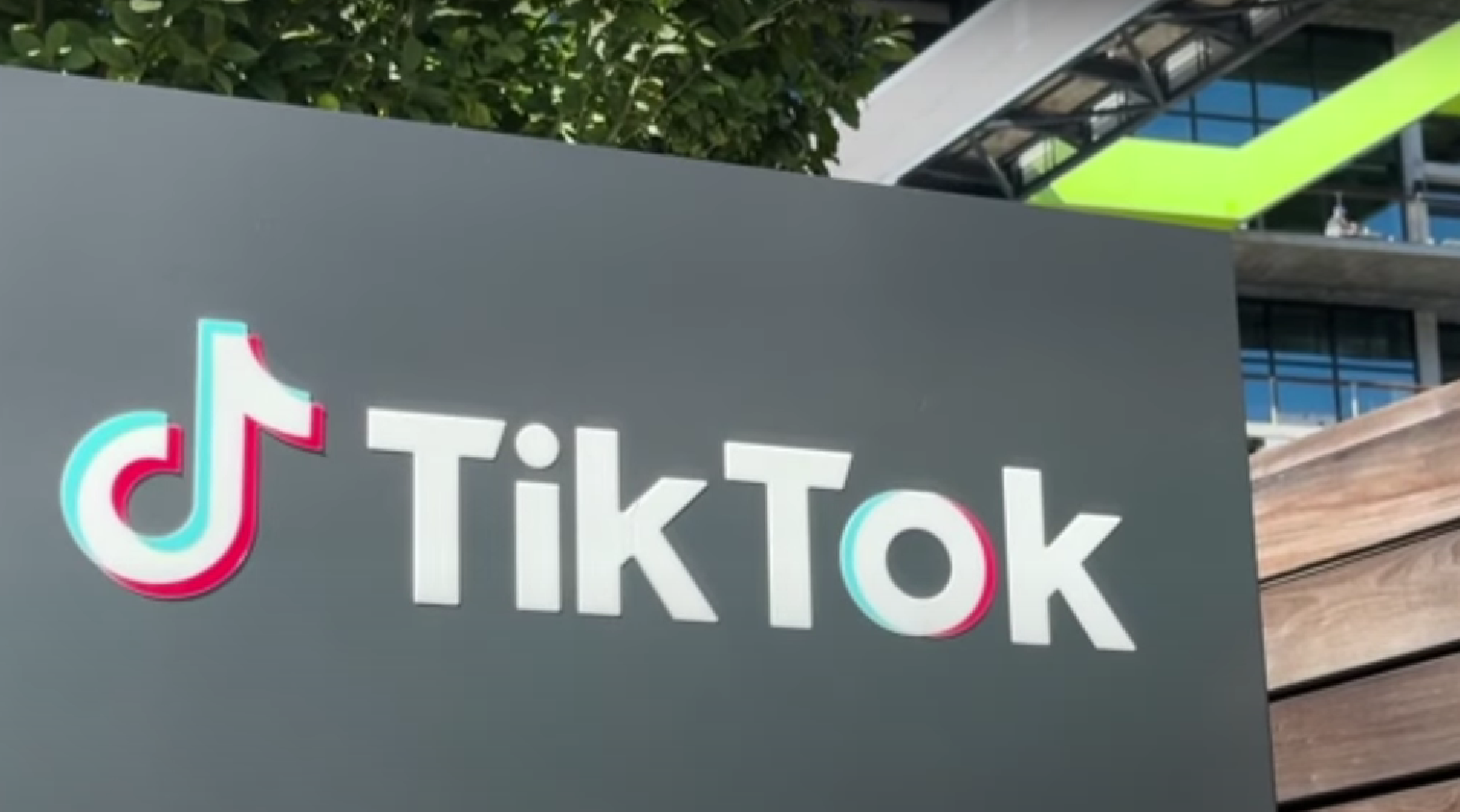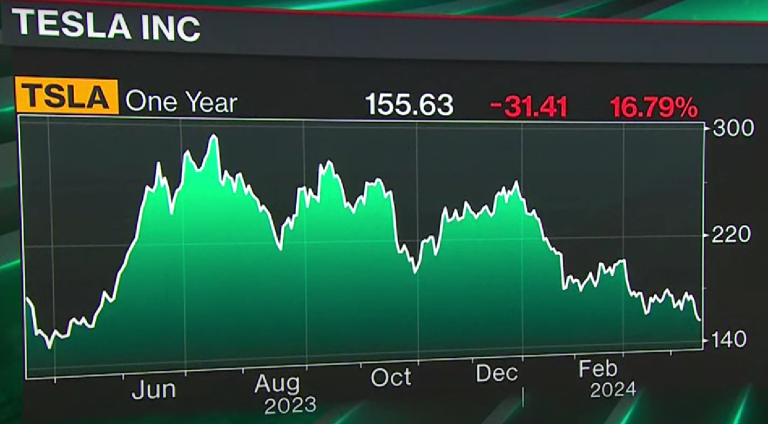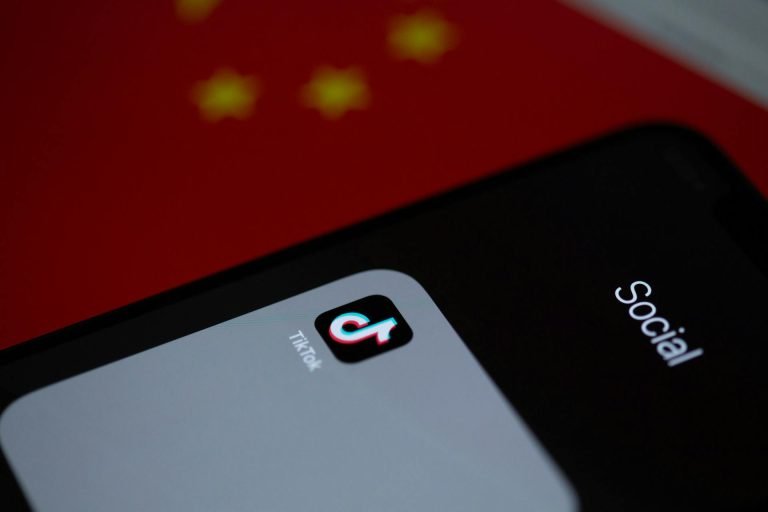TikTok’s Regulatory Dilemma: Unpacking the U.S. Ban Bill and Its Implications

The recent enactment of a legislative bill mandating the divestiture of TikTok from its parent company, ByteDance, marks a pivotal moment in the relationship between global technology companies and national security interests. This comprehensive analysis delves into the intricacies of the bill, its potential ramifications, and the ongoing debate surrounding the future of TikTok in the United States.
On April 26th, President Joe Biden signed into law a bill that could significantly alter the landscape of social media in the United States. The law aims to compel ByteDance, a China-based tech giant, to relinquish control of its most valuable asset, TikTok, unless it wants to face an outright ban in the U.S. This move represents an unprecedented step by the U.S. government in its efforts to mitigate perceived risks associated with foreign-owned applications operating within its borders.
Legislative Intentions
The White House, under President Biden, has clarified that the objective of the new legislation is not to ban TikTok but to ensure its operation under American ownership. The administration’s stance is that this change would safeguard national security without disrupting the digital platform’s functionality or its vast user base in the U.S.
Political Implications
Despite assurances from the government that the intent is not to ban the app, the underlying tensions and the framing of the bill suggest a more complex scenario. Key policymakers and stakeholders have hinted that a ban could very well be the ultimate goal if the divestiture proves unfeasible.
Technical and Operational Hurdles
Unraveling TikTok from ByteDance poses significant technical challenges. The app is deeply integrated with ByteDance’s infrastructure, which includes bespoke versions of critical business software and shared access to sensitive data across borders. This integration complicates any attempts to cleanly separate the two entities without jeopardizing the operational capabilities that have fueled TikTok’s success.
Economic and Legal Concerns
Experts argue that the divestiture demanded by the U.S. government is economically unrealistic and legally questionable. The unique value of TikTok is intrinsically linked to its algorithm—developed and perfected by ByteDance—which the Chinese government is unlikely to allow to fall into foreign hands. Such restrictions could diminish the app’s value and desirability as an independent entity.
TikTok’s Defense
Corporate Response
In response to the legislation, TikTok’s leadership has been vocal about their view of the bill as an unconstitutional attack on free speech and commerce. They emphasize the impact such a ban would have not only on users but also on the thousands of small businesses that leverage the platform for marketing and sales.
Public and Political Outreach
TikTok has also engaged in public campaigns to sway popular opinion and rally support among its user base. The company’s CEO explicitly called the legislation a ban, framing it as a direct threat to the digital rights and freedoms of American citizens.
Implications for National Security
Expert Opinions
Security experts are divided on the matter. Some align with the government’s concerns about the potential for foreign espionage and data misuse due to the app’s Chinese roots. Others criticize the approach as heavy-handed and potentially harmful to U.S. interests, arguing that it sets a dangerous precedent for handling international tech disputes.
Supreme Court Prospects
The legal battle over TikTok’s future is likely headed to the Supreme Court. Legal scholars and industry analysts predict a contentious fight that will test the limits of U.S. regulatory powers over global technology enterprises.
Conclusion: What Lies Ahead?
The saga of TikTok and the U.S. ban bill is far from over. As the situation unfolds, it will likely influence policy decisions regarding technology and security worldwide. Stakeholders from all sectors—political, economic, technological, and legal—are keenly watching as TikTok navigates these turbulent waters. The outcome of this dispute could redefine the balance between national security imperatives and the global operation of tech companies, setting precedents for years to come.
For ongoing coverage and in-depth analysis, readers are encouraged to follow developments as they occur, understanding that the landscape is rapidly evolving, with high stakes for all parties involved.





